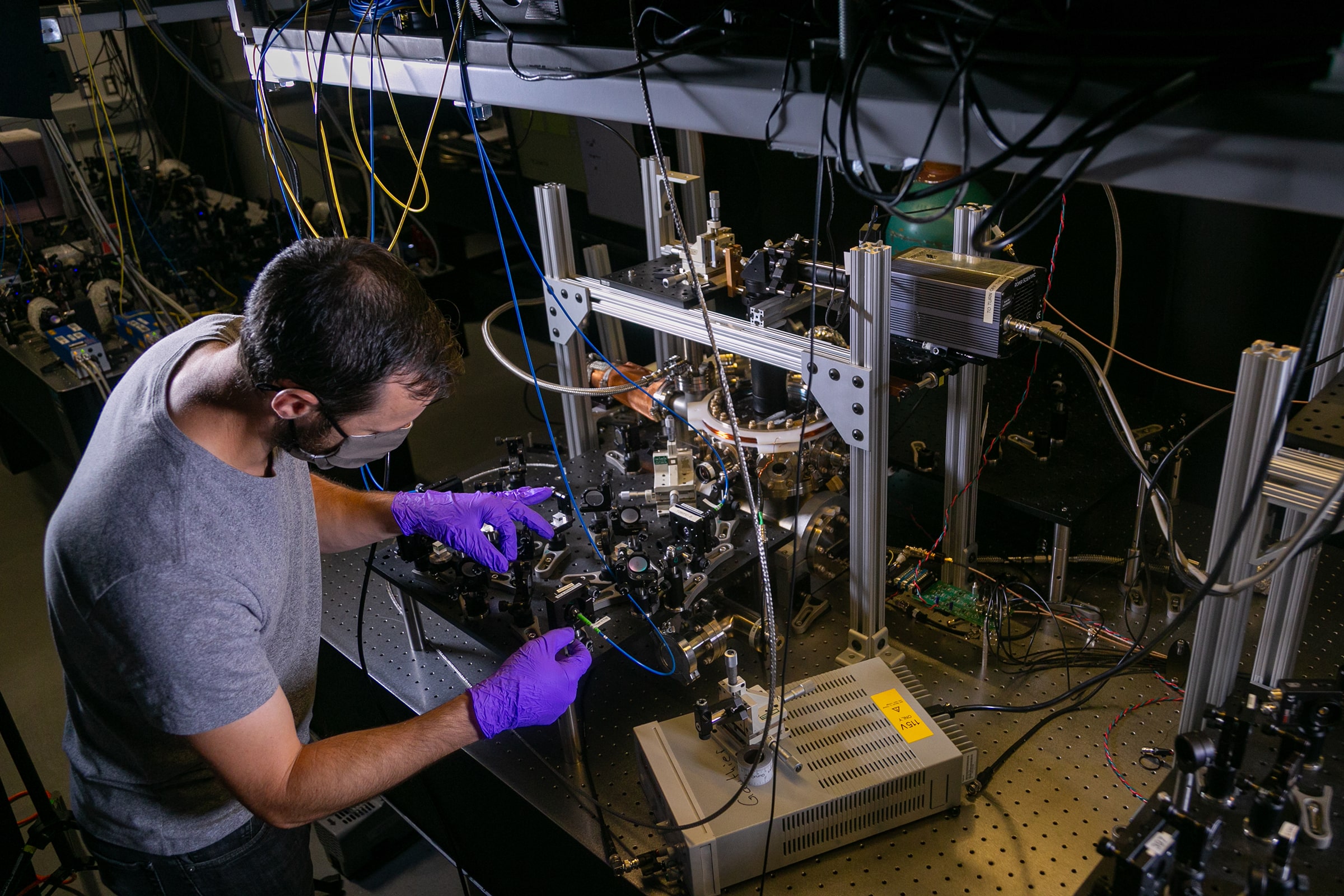Majors & Minors
Be Blown Away by the Opportunities
Duke is chock-full of choices.
Learn about tissue engineering, deploy AI, explore mechatronics and more. And that’s just the beginning.
As an engineering student, you can explore all of Duke—including dozens of horizon-expanding options across the arts and sciences.
ABET Accredited
Each of Duke’s department-based engineering majors is accredited by the Engineering Accreditation Commission of ABET.
Engineering Majors at Duke
Picking a major is a big decision.
But making it doesn’t close out options, it widens the horizon. Selecting a major is picking a road from which a huge number of multidisciplinary paths branch off.
During the summer after First Year, you’ll declare your major. As you move down that road, you’ll encounter options to layer on minors and certificates, and perhaps even a second major.
Biomedical Engineering
Take on societally critical challenges in biology and health care, including the design of medical technology.
Study Areas Include
- Imaging and instrumentation
- Tissue engineering
- Double-major options with civil, environmental, electrical and computer, mechanical, and computer science


Civil Engineering
Lead the Fifth Industrial Revolution—designing solutions aimed at broadly-shared well-being, for people and the planet.
Study Areas Include
- Structural engineering and mechanics
- Environmental engineering and water resources
- Double-major option with biomedical engineering
Electrical & Computer Engineering
Integrate computing and electronic knowledge with design skill to create new devices and software.
Study Areas Include
- Computer engineering and digital systems
- Solid-state devices and integrated circuits
- Minor in Artificial Intelligence & Machine Learning
- Minor in Software Engineering


Environmental Engineering
Develop systems and structures that restore and protect the planet’s air, water and soil.
Study Areas Include
- Water resources engineering
- Biotechnology and bioremediation
- Double-major option with biomedical engineering
Mechanical Engineering
Invent machines that improve lives, in fields as varied as health care, manufacturing, energy and transportation.
Study Areas Include
- Mechatronics
- Mechanical design
- Double-major option with biomedical engineering

Interdisciplinary Option: IDEAS
Through our IDEAS: Interdisciplinary Engineering & Applied Science program, you explore a topic important to you. It’s a customized major—pick a pre-approved template or propose your own.

Duke’s Curricula for the Curious
There’s no wrong way to navigate the Duke academic experience.
